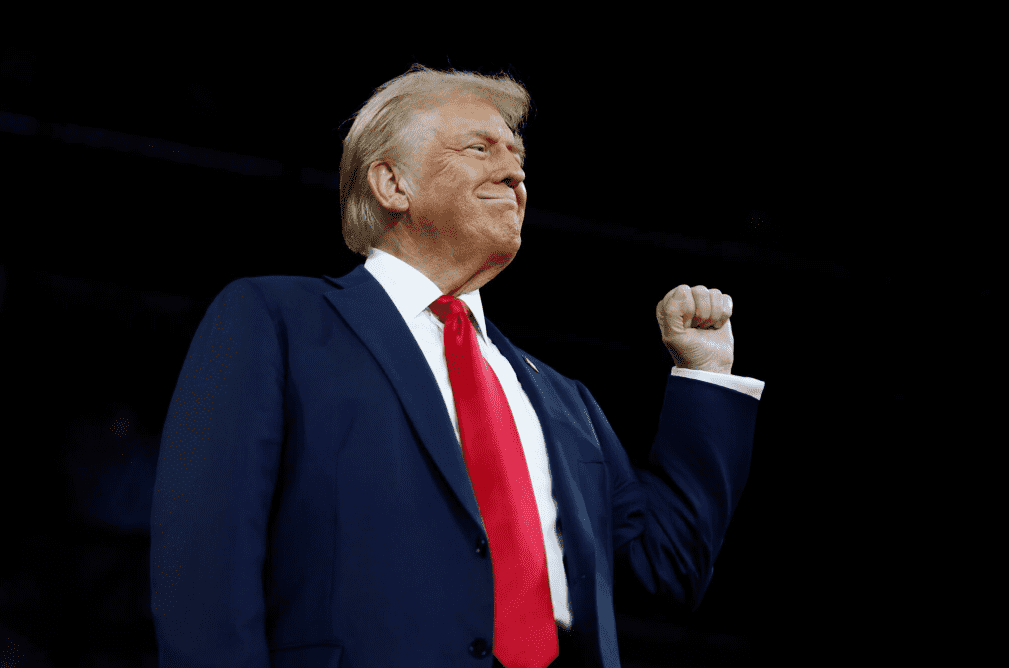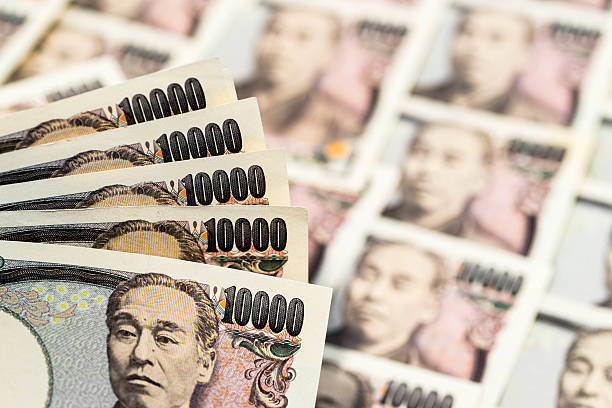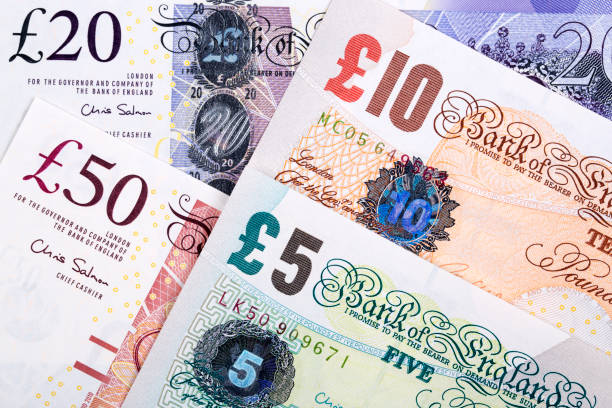Jiuzi Holdings’ board has approved a crypto treasury policy allowing up to $1 billion in allocations

China’s Jiuzi Holdings, Inc., the Nasdaq-listed company better known for building charging infrastructure for electric vehicles, said in a press release that its board of directors has formally adopted a crypto asset investment policy authorizing up to $1 billion in allocations.
The move comes after it recently appointed “industry-renowned” Dr Doug Buerger as chief operating officer.
The company said that the policy is a long-term play to protect shareholder value. “Adopting the Crypto Asset Investment Policy represents a proactive step in our treasury management to safeguard and enhance long-term shareholder value,” chief executive officer Tao Li said in the announcement. “We are delighted to have an experienced specialist like Dr. Doug Buerger leading this program.”
Jiuzi emphasizes a structured approach to digital assets
To kickstart the policy, Jiuzi’s board set up a framework within which the company’s investment mandate was capped at $1 billion. The framework also says that the initial investments will be limited to Bitcoin, Ethereum, and BNB. Expansion to other tokens would require approval from a newly established “Crypto Asset Risk Committee” chaired by chief financial officer Huijie Gao.
The company said that it would not self-custody digital assets but instead would rely on third-party providers offering top-tier security standards. Oversight will include regular reporting to the board, with material purchases disclosed through filings with the US Securities and Exchange Commission (SEC).
Buerger stated that Jiuzi would not be chasing speculative returns. “We are not engaging in short-term trading or speculation; rather, we view crypto assets as long-term stores of value to hedge against macroeconomic uncertainties,” he said.
Building on earlier experiments
The policy is not Jiuzi’s first encounter with crypto. In May, the company announced plans to acquire 1,000 Bitcoins over twelve months through a mix of equity issuance and cash purchases, describing the project as a “major strategic move”. The next month, it raised funds through convertible notes to acquire an initial 23.5 BTC, inaugurating what it called the “Thousand Coins Plan.”
The formal adoption of a billion-dollar treasury policy now signals that Jiuzi intends to pursue its digital asset ambitions in a more systematic and institutional manner.
The move is to boost resilience and profitability
The volatility of Bitcoin, Ethereum, and BNB also raises questions about balance sheet stability should prices begin to swing.
However, CEO Tao Li has acknowledged the volatility and uncertainty of the Bitcoin market in the past; however, he said that they have confidence in its potential. He also pointed out that it helps to enrich and diversify their assets while also improving their risk resilience and profitability.
Also, the continued entry of big corporate and institutional entities into the crypto space, especially Bitcoin and Ethereum, has helped to reduce its volatility, given that most of them maintain a holding strategy, where they keep acquiring large amounts of the cryptocurrencies.
Huge investments have also been made into Solana recently, sparking what some analysts see as the resurgence of the altcoin season.
For now, with a cap set at $1 billion, the sheer scale of the policy would make Jiuzi one of the largest corporate holders of crypto globally if fully deployed.
It’s noteworthy that China still maintains strict controls on domestic crypto trading and capital flows in its mainland, except for Hong Kong, leaving Jiuzi dependent on offshore structures and regulatory clarity in foreign markets.
KEY Difference Wire: the secret tool crypto projects use to get guaranteed media coverage







